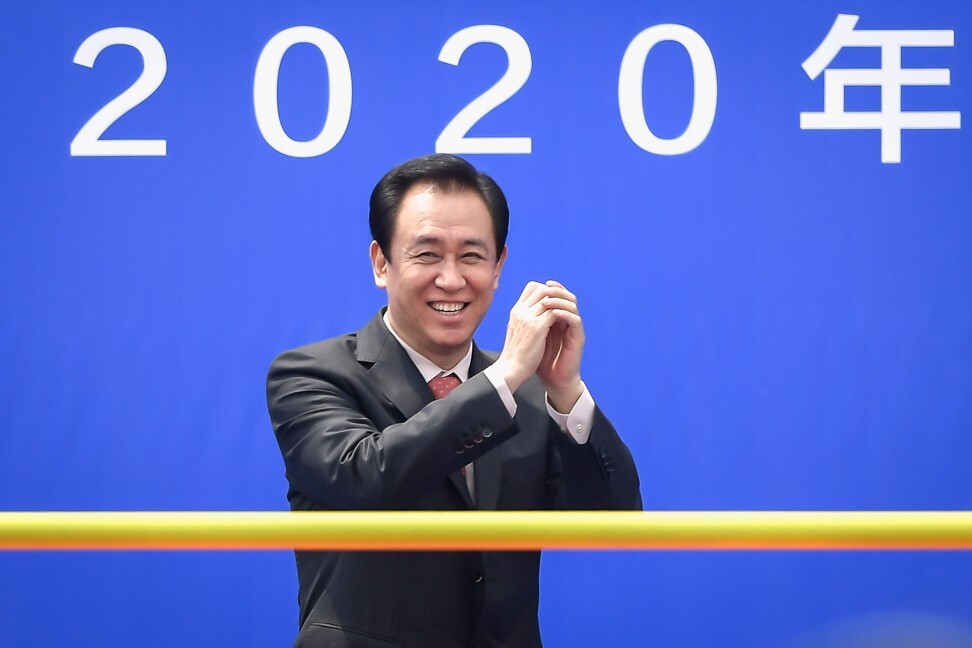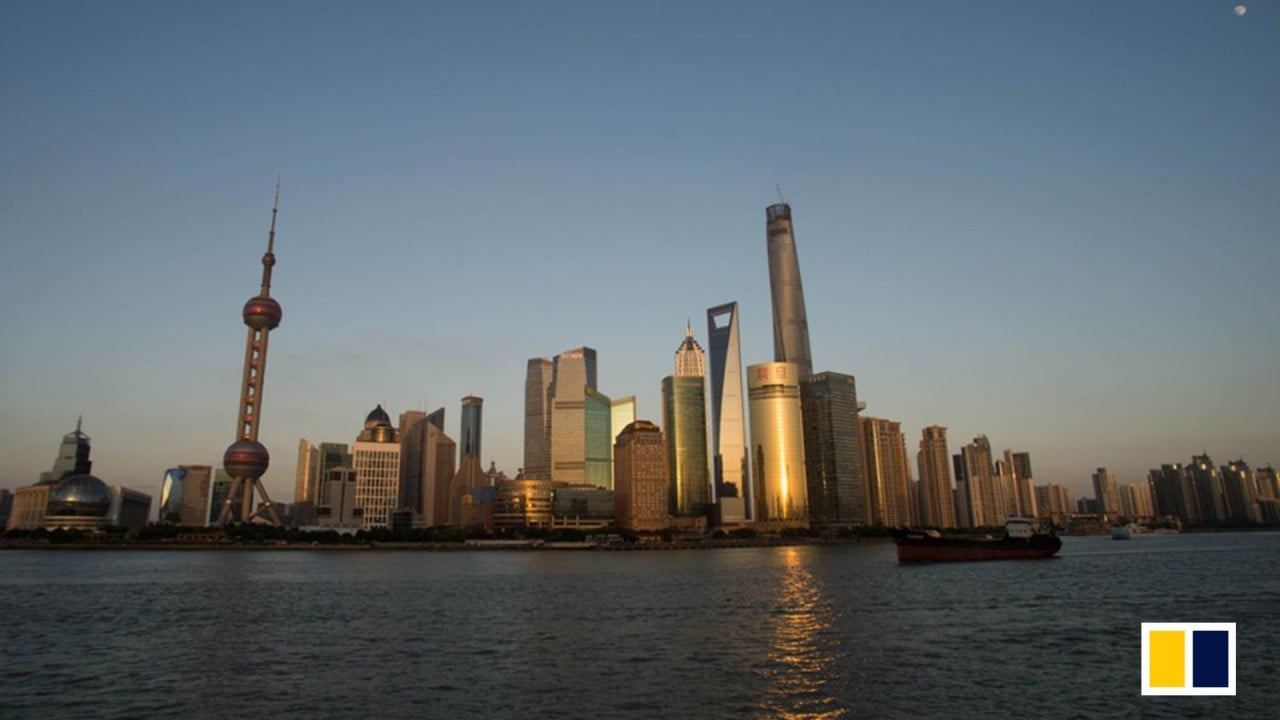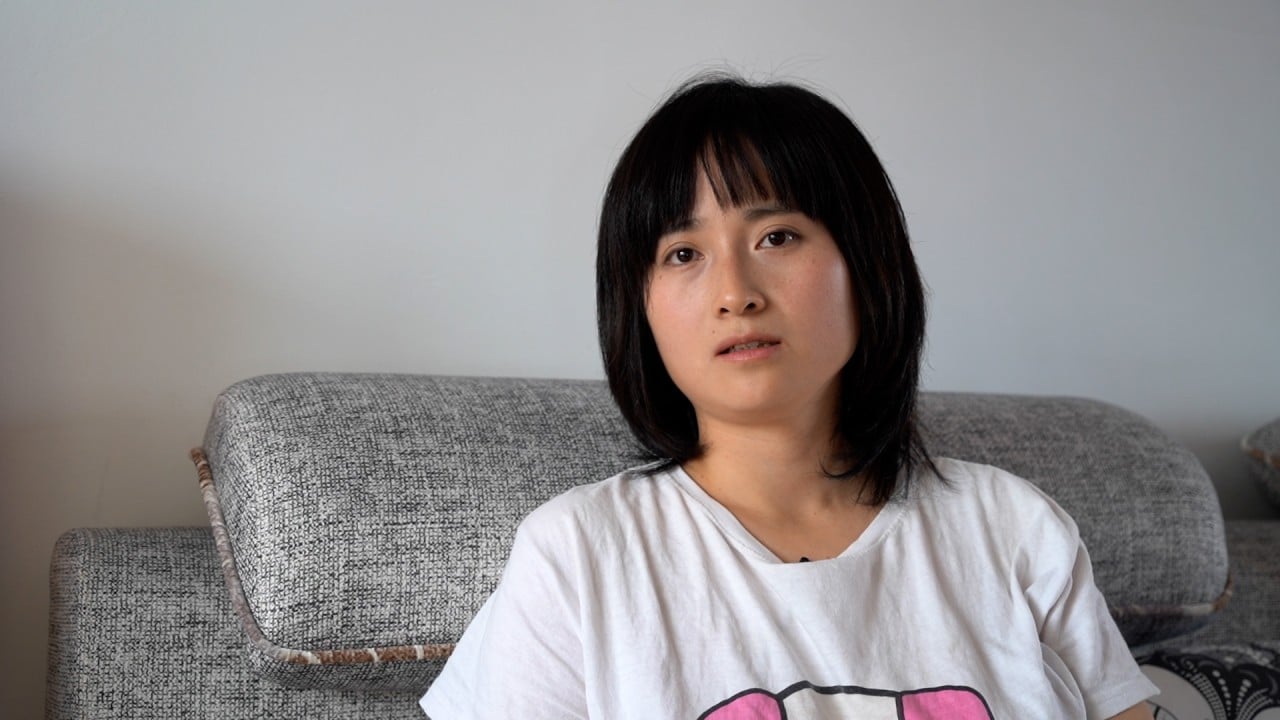
Evergrande reneges on special dividend two weeks after pledging it, in a surprise U-turn that sends shares, bonds crashing
- Evergrande decides to forego a special payout announced on July 15, according to a surprise filing to the Hong Kong stock exchange
- Shares of the developer closed 13.4 per cent lower at HK$5.70, extending the 48 per cent plunge from their January high
Evergrande’s board decided to forego the special payout announced on July 15, according to a surprise filing on Tuesday to the Hong Kong stock exchange, citing “the current market environment, the rights of the shareholders and creditors, and the long-term development of the various businesses under the group”, without divulging the amount of the dividend.
The unexpected reversal caused investors to dump Evergrande’s shares and bonds, amid concern that the developer that has touched all three of the Chinese central bank’s so-called red lines on indebtedness may have a long way to go to extricate itself from its financial woes. Shares of the Shenzhen-based developer clawed back some of its earlier losses to close 13.4 per cent lower at HK$5.81 in Hong Kong, extending a 66 per cent plunge from their January high, while a bond due 2025 and a note due 2022 both fell, en route to a new low, fresh from a ratings cut by Standard & Poor’s (S&P) on Monday.
“Investors were disappointed as the company set the expectation for the payout, [only to] withdraw it all of a sudden,” said CGS-CIMB’s property analyst Raymond Cheng, who recommends investors “hold” their purchase of Evergrande, cutting his rating from “add” on April 1, with a price target of HK$20.10.

The company slashed its interest bearing liabilities to 570 billion yuan (US$87.9 billion) from a 2020 peak of 870 billion yuan, Evergrande said in a June 30 press statement, adding that it had cut its net debt-to-equity ratio to below 100 per cent, bringing it within one of the central bank’s three red lines.

“Evergrande’s deteriorating funding access is highlighted by the Guangfa incident,” S&P said in a statement as it downgraded the developer’s credit rating to “B-”. “Although [it] has been resolved and any freeze already unwound, it points to the fragility of the company’s funding situation. We believe China Evergrande Group’s weakening funding access will hamper its liquidity position and its ability to reduce debt in an orderly manner, which poses considerable risks amid credit tightening in the overall market,” the rating agency added.
S&P was not alone in slashing Evergrande’s creditworthiness. Moody’s and Fitch also downgraded the developer in June.

01:58
40 years of opening up and reform: How property became a driving force in the economy
Evergrande is involved in a variety of projects, from real estate to football and health services, and has even joined the fray in the capital-intensive industry of assembling electric vehicles.
“Investors would only ease their concerns when Evergrande takes actual meaningful and feasible actions, [such as] the disposal of some of assets, so that it can have a better access to banks’ financing,” said CGS-CIMB’s Cheng.
Hui controlled 70.8 per cent of the shares of Evergrande Group, or 9.37 billion shares, as of December 31 last year, according to Bloomberg data. Chinese Estates Holdings Limited, the Hong Kong property developer founded by magnate Joseph Lau, controls another 6.5 per cent, while Lau’s wife, Chan Hio-wan, owned 2.4 per cent.
Analysts were expecting the company to distribute the Hong Kong-listed shares of Evergrande Vehicle as payment in kind, instead of cash payments for the special dividend.

08:07
Cheap housing but few economic opportunities for young Chinese in city along Russian border
All hopes are dashed, at least for the time being, as Evergrande continues facing liquidity pressures.
“Special dividends may boost confidence in the short term, but they are not very meaningful in lowering Evergrande’s debts required by the central government,” Cheng said. “The top management understands [that] if domestic financial institutions shut their doors to the company, there is no way the capital market can uphold confidence.”

